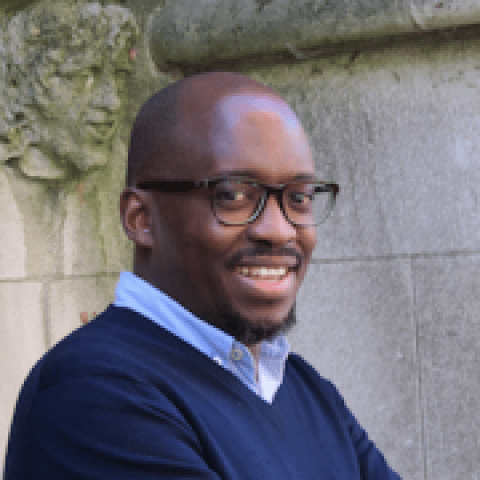The Apartheid Psychiatrist: Individual Guilt and Collective Responsibility in South Africa: A Lecture by Jacob Dlamini

This presentation is part of a new research project that examines the relationship between the individual and society, professional expertise and political acumen, individual guilt and collective responsibility, ideology and common sense, justice and truth, and history and race in apartheid South Africa. The project uses these dyads to show how individuals made apartheid work. It draws on these pairings to illuminate the ways in which individuals fashioned a racial common sense that came to define (and continues to define) South African society. This racial common sense depended on individuals knowing their place in the racialized hierarchy that was apartheid South Africa. To be normal in South Africa was to know your racial (and sexual) place, to know the place of the other, and to know what to do with individuals who refused to assume their allocated positions. As the Population Registration Act of 1950—the law on which the racial catalogue of apartheid rested—put it: “A White person is one who is in appearance obviously white … or who is generally accepted as White…” Whiteness depended not just on what an individual looked like, but on his or her acceptance by others as white; on whiteness depended a host of privileges and public goods. Whiteness conferred on the recipient the de jure and de facto status of official beneficiary. But apartheid needed more than racial common sense for its viability. It needed individuals in its government offices, its classrooms, its hospitals, its military, and its police. It needed cafes, churches, corporations and ma-en-pa shops to apply without question its pettiest strictures (such as who could use which toilet in a building). Please register here to receive the Zoom link and join us for Professor Dlamini’s talk.
Jacob Dlamini is a historian of Africa and an assistant professor of history at Princeton University, with an interest in precolonial, colonial and postcolonial African History. He is the author of four books, : Native Nostalgia (2009); Askari: A Story of Collaboration and Betrayal in the Anti-Apartheid Struggle (2015), winner of the Alan Paton Award; Safari Nation: A Social History of the Kruger National Park (2020); and The Terrorist Album: Apartheid’s Insurgents, Collaborators, and the Security Police (2020). He obtained a Ph.D. from Yale University in 2012 and is also a graduate of Wits University in South Africa and Sussex University in England. Dlamini held a postdoctoral fellowship at the University of Barcelona, Spain, from November 2011 to April 2015, and was a Visiting Scholar at Harvard University from August 2014 to May 2015.

